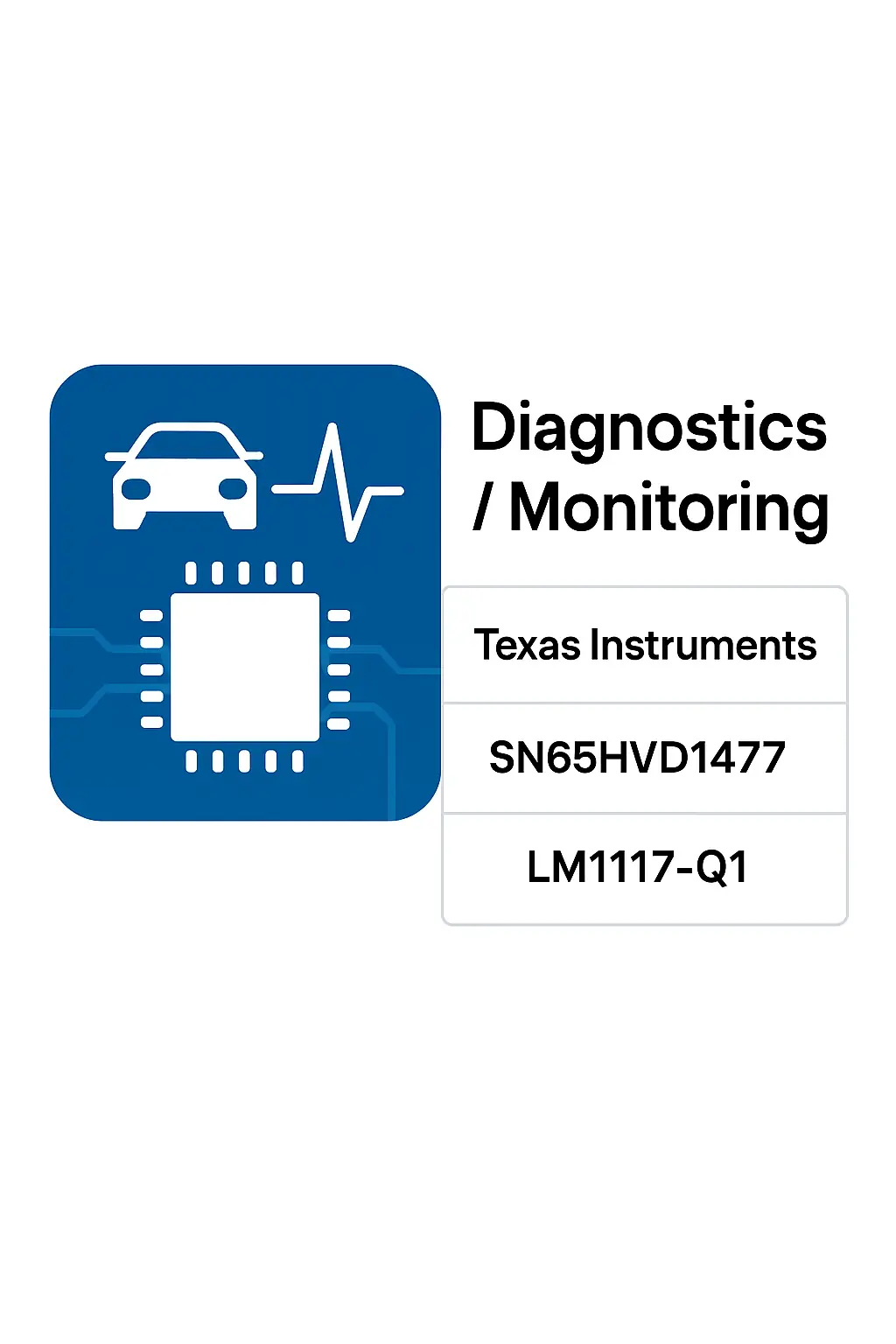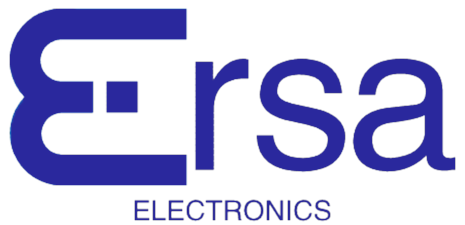Diagnostics / Monitoring
Automotive Electronics refers to the electronic systems and components used in modern vehicles to enhance performance, safety, and convenience. As the automotive industry evolves, Electrification & Battery Systems have become a key focus, especially with the rise of electric vehicles (EVs). Among these systems, On-Board Chargers (OBC) play a crucial role by converting AC power from the grid into DC power to charge the vehicle's high-voltage battery. OBCs are essential for efficient and safe charging, ensuring compatibility with various charging standards and optimizing energy transfer.
Diagnostics and Monitoring systems are integral parts of Automotive Electronics, enabling real-time monitoring of vehicle performance, battery health, and system functionality. These systems help detect faults early, improve reliability, and support predictive maintenance. They are widely used in both conventional and electric vehicles to ensure safe and efficient operation.
In applications such as EVs, hybrid vehicles, and advanced driver-assistance systems (ADAS), these technologies work together to deliver a seamless driving experience. From managing battery charging to monitoring critical vehicle functions, Automotive Electronics continues to drive innovation in the automotive sector.
Details
Diagnostics / Monitoring

Related Parts
| Series Name | Description | Manufacturer Name | Attribute Description |
|---|---|---|---|
| Texas Instruments | 3.3V CAN transceiver, 1.5Mbps data rate, wide supply range (3.0–3.6V), low power standby mode, ESD protection up to ±8kV HBM, operates from -40°C to +125°C. | ||
| Texas Instruments | 1.25V to 13.8V adjustable output, 800mA output current, low dropout voltage, fixed and adjustable versions, thermal shutdown, current limiting, stable with 10µF capacitor. |








.png?x-oss-process=image/format,webp/resize,h_32)










